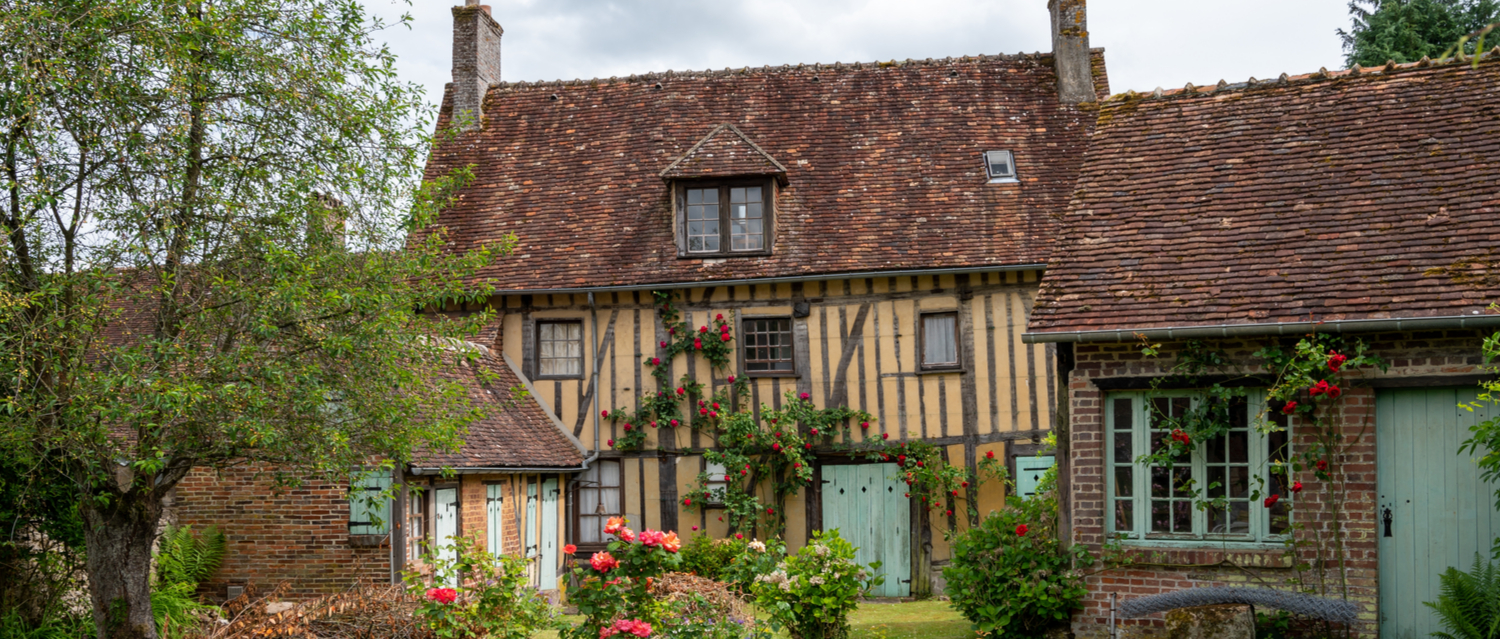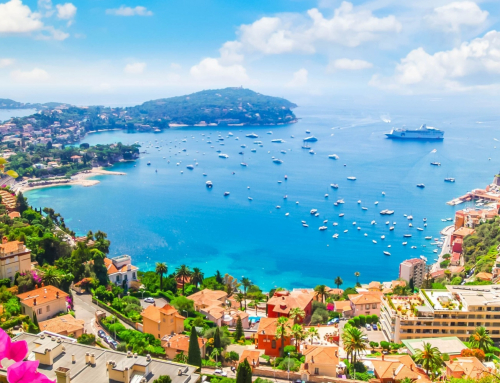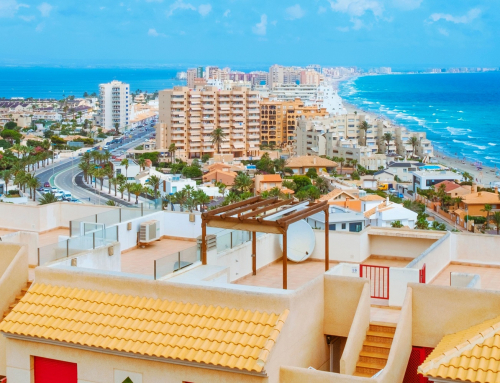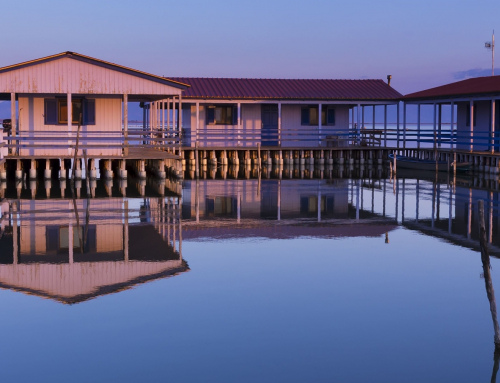Do you already have or are thinking about purchasing a second home in France? Rather your property just be empty when you are not there, you could bring in some extra pennies by renting it out as a holiday home! Here is your guide to doing just that.
1. Have a friend watch over the property.
While you are not in your lovely Parisian apartment or your old chalet in Toulouse, it is great to have someone that will watch over the property for you. Give them a set of keys and they can let in people for maintenance work. Or they can simply give your plants a drink and plump your pillows. While you can get a letting agency to do this for you, there’s also something reassuring about having someone familiar on-hand too, especially if you live far away from your property.
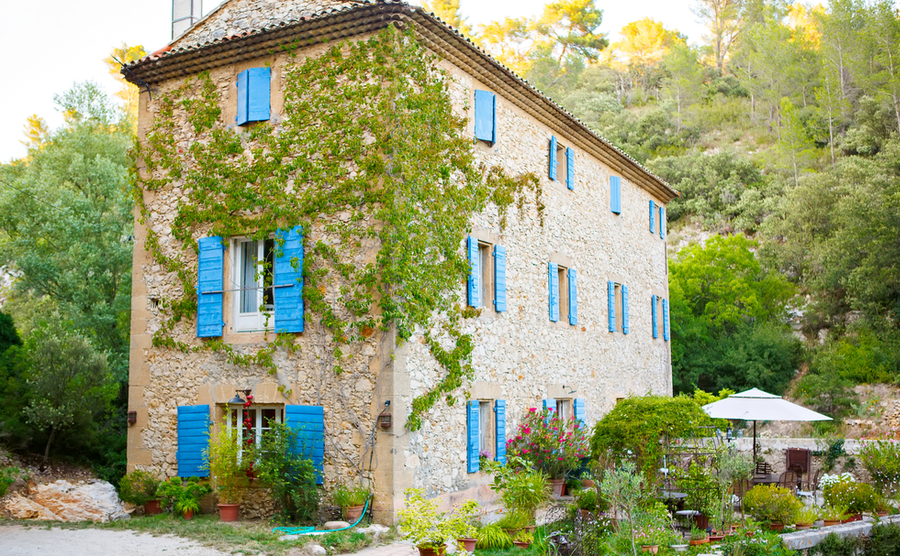
Your French house needs its very own guardian angel!
2. Think about how you are going to maintain the property.
If you have a small apartment, it might be a simple job of cleaning and locking up between visits. However, if you have gardens and a swimming pool, then these will need tending to. Some agencies will do all of this for you for a fee. Another option is to take trips in the off-season when no one is holidaying in your home to look after it yourself. If you have not purchased a property yet, it’s a good idea to consider how much maintenance you want, can afford, and have the time to do.
3. Consider who you are going to rent it out to.
You buy a home in Limousin, and suddenly, your friend’s sister and her husband have always wanted to holiday there. So has your second cousin and her wife. And they are all expecting mates’ rates or that you won’t charge them anything for staying there. Now, your money-making French house is not making all that much money. Before you start renting it out, you might want to set some clear boundaries around who can stay there at what cost, and who cannot. For a more professional holiday home experience, Air BNB might be the way forward.
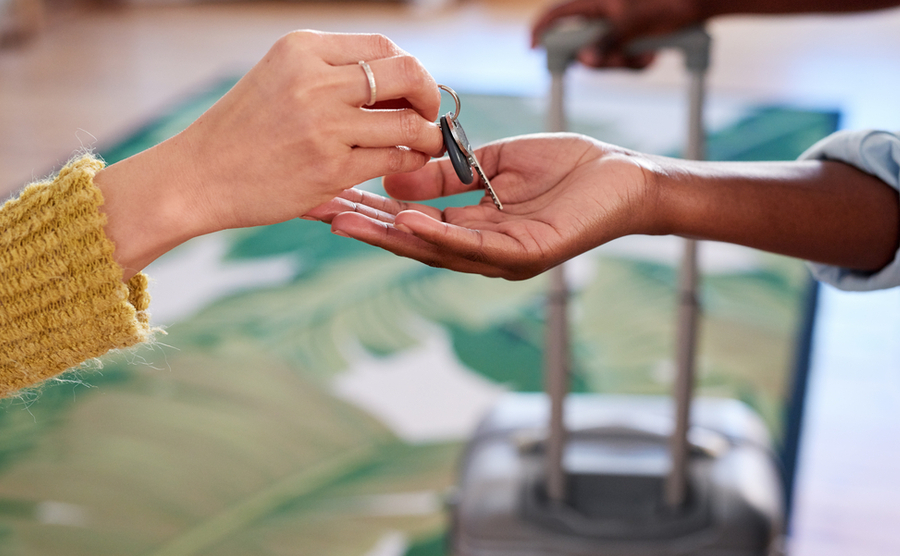
Consider who gets the keys to your lovely French house.
4. Plan for ongoing costs
Even though you’re not there full time, you’ve still got to factor in ongoing costs. These include utility bills, annual taxes, and community fees. Currently, France is trying to determine which homes are first and second homes through their Declaration d’Occupation. This is because France has abolished the Taxe d’Habitation for all primary residences. This form must be filled in by June 30th.
If you currently live in the UK or elsewhere out of the eurozone, then you are going to have to factor in the exchange rate for budgeting your ongoing costs. Impacted by socio-economic events, the currency markets fluctuate all the time, changing the value of the pound against the euro. This can make budgeting for your ongoing costs difficult. Therefore, we recommend contacting currency exchange specialists, Smart Currency, as they can organise a Forward Contract for you. A Forward Contract enables you to lock in an exchange rate for up to twelve months, so you can reliably know how your finances will be impacted by the exchange rate.
Would you like some insight into purchasing a home in France? Click here.
Do you have a property that you are selling? Register it with us.

